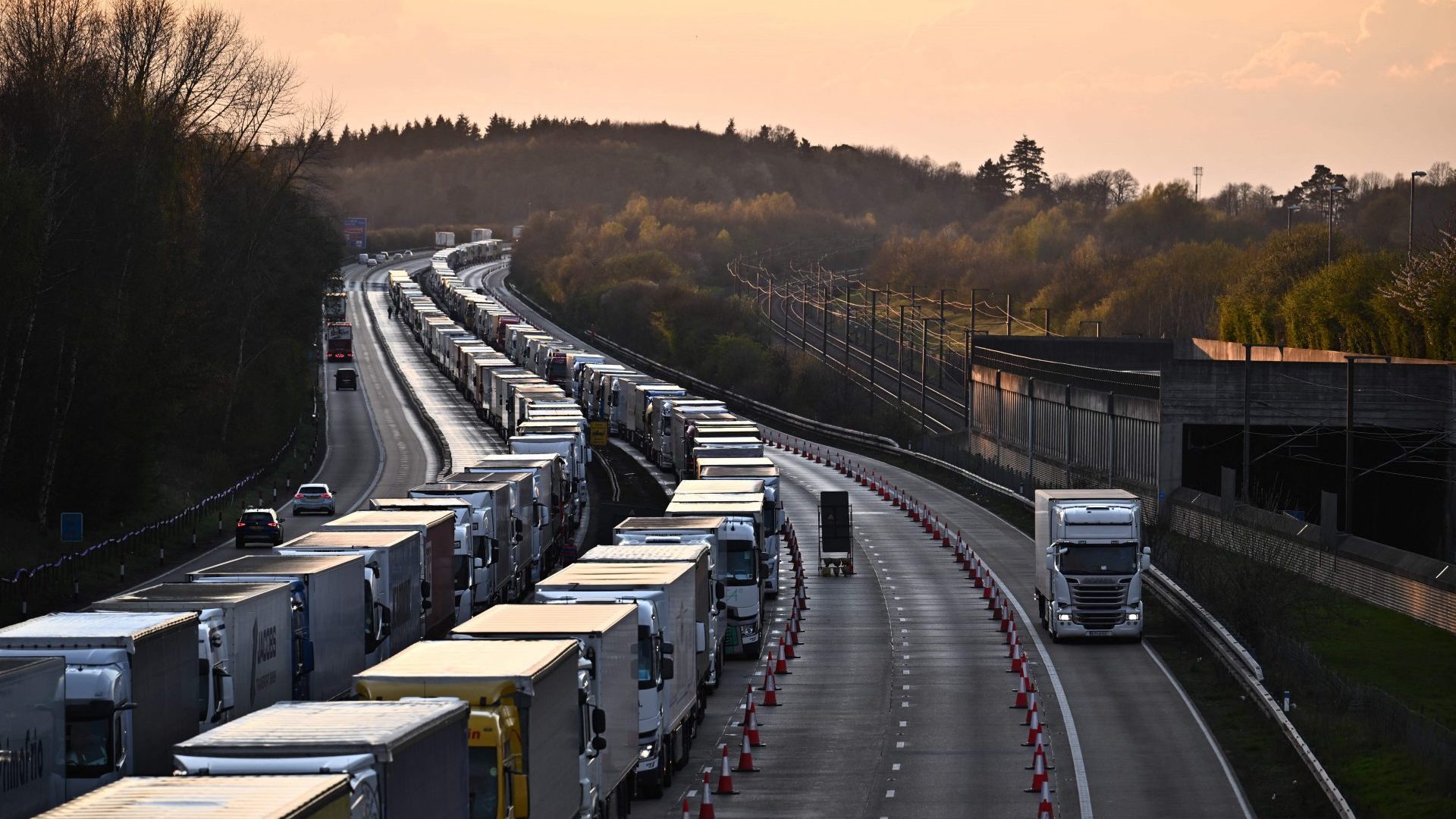There’s been a sudden flurry of op-eds claiming Labour has irrevocably failed in office, that Keir Starmer is knackered and it’s all about to get worse because growth has evaporated.
At the Oxford Symposium, an international social-democratic think-in I attended just before Christmas, it’s fair to say the scale of the challenge facing Labour was well understood.
Politicians from across Europe and America told the same story: appeals to social solidarity no longer work; social media platforms are monetising division, disinformation and discontent. Orthodox monetary and fiscal policies have become a machine for producing stagnation. And even where growth occurs, its inflationary side-effects are producing a feel-bad factor for ordinary households.
Amid all this, the right-wing populist narrative is compelling: “The system’s broken, the elite don’t care because; they’ve turned social justice into a game about identity, not class, which the majority cannot win; and it’s all the fault of migrants, feminists, wokeness and human rights”.
That is the global context to Starmer’s polling woes – but I still don’t think the wider Labour membership and voter base have properly got their heads around what to do about it.
For me, it has to start with Labour recognising that, whatever their plans were as they prepared for office, their number one task for the next five years is defeating the populist right. Not climate change. Not human rights. Not progressing the numerous justified claims of oppressed minorities. Defeating Nigel Farage.
That means creating, through actions as well as words, an equally compelling and radical counter-narrative to the one Farage, together with Musk and Trump, are promoting.
First: Labour must admit our current economic model does not work. It’s not just that the Tories left them a £22bn in-year spending black hole and that fixing the fundamentals takes time.
Our productivity is stagnant. Our skills base is weak. We can’t grow because we can’t borrow to invest; we can’t tax our way out of the problem – because even if voters accept higher taxes, they are a drag on growth and confidence. And with Europe in the doldrums, the external drivers of demand are weak. Running the system as is, only better, is not an option.
Second: Labour must accept that our fiscal and monetary institutions are geared to producing recession, and be prepared to change them.
If a mixture of climate change, the Ukraine war, skills shortages and a rigged energy market are driving inflation consistently higher than 2%, then the Bank of England’s inflation target is simply a recipe for producing recessions – and will have to be loosened.
On top of that, the Office for Budget Responsibility has adopted a methodology that simply cannot accommodate Labour’s growth strategy. Because the OBR consistently overestimates the amount of debt the UK will incur and underestimates the amount of growth, its methodology is a recipe for producing a doom loop of dire projections and mandatory austerity – as George Osborne found out. So it, too, must have its rules and personnel changed.
Third, Labour’s industrial strategy project needs to get its skates on. For economists, industrial strategy is brutally simple: it’s an attempt to move people, capital and resources from low-value sectors to high-value sectors.
The art of executing such a strategy is to manage the transition risk: to identify the bottlenecks that prevent workers and investors from quitting activities like coffee bars, taxi driving and dark kitchens, and moving into welding, engineering and life sciences.
Many of those bottlenecks lie within the control of government: the non-availability of apprenticeships, further maths teachers, affordable homes in the right locations and cheap public transport.
None of these obstacles were going to be overcome within six months – but I would be looking for laser-focused action from Starmer’s cabinet, and from the civil service, in the next six.
Fourth: the threats to democracy and social cohesion are real. To counter them, we need urgent action. That means not just delivering on the “smash the gangs” promise: it means tangibly and rapidly reducing net legal immigration to levels acceptable to the electorate.
It means adopting a strictly universalist language that downplays wokeness. It means a crackdown on organised crime and anti-social behaviour so thorough that even the right wing tabloids sit up and notice.
It also means actually implementing the Online Harms Act, and forcing Ofcom to police our media to end the tsunami of right wing disinformation it is currently allowing.
The fifth challenge is Rearmament. Sometime early in 2025 Lord Robertson’s review of defence priorities is likely to mandate a significant uplift in defence spending. Trump, in any case, is likely to demand it. And they will both be right: given the scale of the shadow war Russia is conducting against our energy, digital and democratic infrastructure, anyone who thinks we can defend this country on 2.5% of GDP is fooling themselves.
As in the 1930s, there’s only one way you go from 2.5% to maybe 5% of GDP on defence, and that is through borrowing. So accept it, override Treasury objections and rearm.
The proximate reasons for Labour’s false start are obvious: Sue Gray stuffed the political advice layer of government with well-meaning former civil servants – who understood governance but not politics. Labour was governing technocratically but not politically – and execution by the civil service has felt glacial.
From now on Labour needs to use all the communicative power of government to tell one story: through rapid and radical actions, as well as words.
It can’t be a story of the sunlit uplands we might reach in five years’ time. And it can’t be a story about Tory malfeasance – real though that legacy is.
It has to be a story of what they’re doing tonight, to defend working class families against the scammers, criminals, rip-off landlords, uncaring bosses and price-gouging firms who make life intolerable. And to defend the country against the threat it faces – from foreign dictators and domestic crooks.
Do that convincingly and the polls will turn. But do it now.




